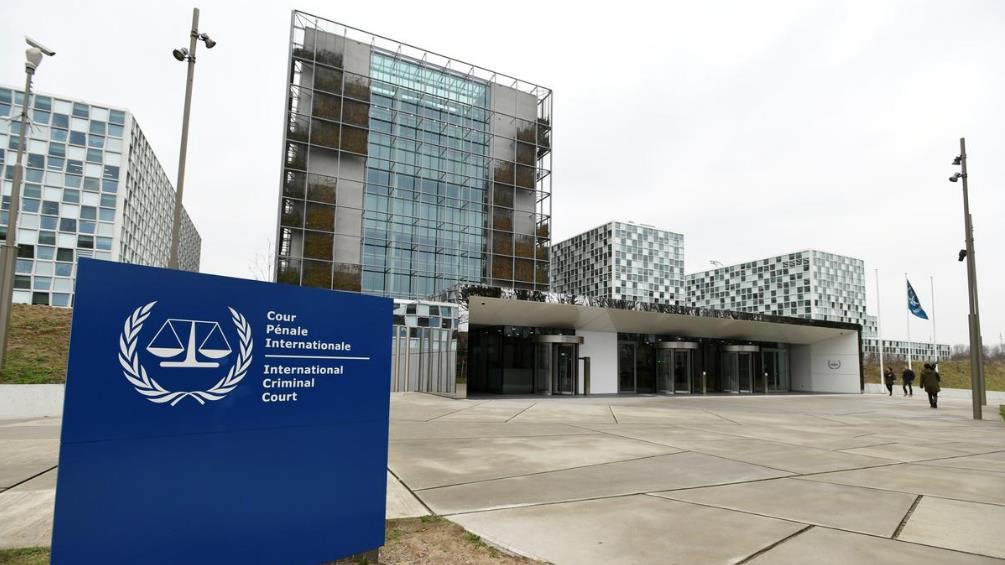BRUSSELS, Sept. 4 (CGTN) - The European Union's top diplomat called on Thursday for Washington to reverse its sanctions on International Criminal Court prosecutor Fatou Bensouda and another member of the ICC, calling the measures "unacceptable and unprecedented."
The United States blacklisted Bensouda on Wednesday over her investigation into whether American forces committed war crimes in Afghanistan, under sanctions authorized by President Donald Trump in June that allow for asset freezes and travel bans.
Sanctions were also imposed on Phakiso Mochochoko, the head of the Hague-based ICC Jurisdiction, Complementarity and Cooperation Division.
The sanctions are "unprecedented measures that attempt to obstruct the Court's investigations and judicial proceedings," Josep Borrel, the EU high representative for foreign affairs and security policy, said in a statement.
"The United States should reconsider its position and reverse the measures it has taken. Impunity must never be an option," said Borrel.
United Nations Secretary-General Antonio Guterres on Wednesday also noted "with concern" the imposition. On behalf of the UN chief, spokesperson Stephane Dujarric said "we continue to closely follow developments on this matter."
Reacting to the decision, the ICC on Wednesday said moves by the U.S. government to place sanctions on its prosecutor were an attack on international justice and the rule of law.
The sanctions are "unprecedented and constitute serious attacks against the Court, the Rome Statute system of international criminal justice, and the rule of law more generally," the world's permanent war crimes court said in a statement.
The ICC in March authorized an investigation into possible war crimes in Afghanistan, including those that may have been committed by U.S. military and the CIA, which could lead to the indictment of U.S. military and intelligence personnel.
U.S. President Donald Trump in June authorized economic sanctions against ICC officials engaged in an investigation into U.S. personnel, which drew opposition from the international community and some of U.S. allies.
The ICC was established when the Rome Statute took effect in 2002. It prosecutes crimes of genocide, war crimes, crimes against humanity, and the crime of aggression.





